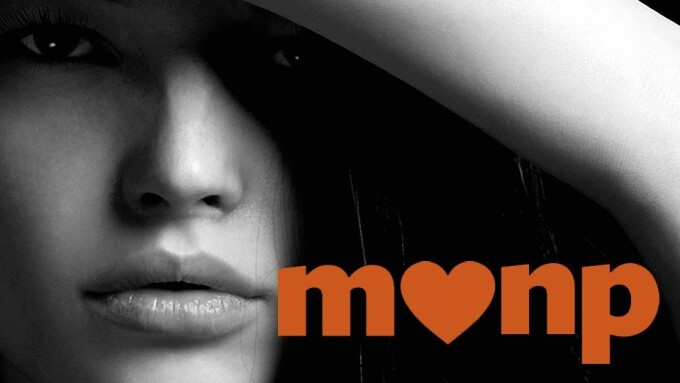NEW YORK — A new Fast Company article says that Tumblr’s NSFW content ban has given reason for some entrepreneurs to build digital communities around sexuality.
With the evaporation of erotic content on Tumblr, as well as on other websites, whole categories that once depicted images of erotic art, BDSM, hardcore porn and breast cancer have been wiped away.
“Tumblr was a home to nearly anything,” the Fast Company piece said.
One of the fastest growing of new sites to spring up is newTumbl, which has gained 40,000 blogs since it launched on Dec. 31.
“True to its name, the site closely resembles Tumblr — at least the NSFW parts that are now banned,” Fast Company said. “But newTumble is also promising ways for posters to earn money for original content — what may be a growing trend.
The article went on to list MojoFire, a BDSM-inspired site, and Pillowfort, a blog-centric social platform as replacements for the old Tumblr.
“Among the sites benefiting from the Tumblr exodus is a relative veteran, MakeLoveNotPorn (MLNP),” Fast Company said. “It’s provided a hub for user-generated 'social sex' videos since 2009."
Founder Cindy Gallop framed the site’s content as an antidote to mainstream porn and its uneven messages about sex, Fast Company said. The site reportedly has about 100,000 active monthly users.
“Around 400 people (ranging from their 20s to 60s) created content in 2018, with the top 10 earning an average of $4,000 in streaming rentals last year,” Fast Company said.
With $2 million in new funding from an anonymous investor who initially helped her launch the site, Gallop has launched a Facebook-style timeline that includes photos and text.
She told Fast Company she wants to expand the content to offer sex education and erotica — two new areas for the site.
“When Tumblr announced the [NSFW] ban, that’s when I said to my team, let’s move forward,” Gallop told Fast Company.






